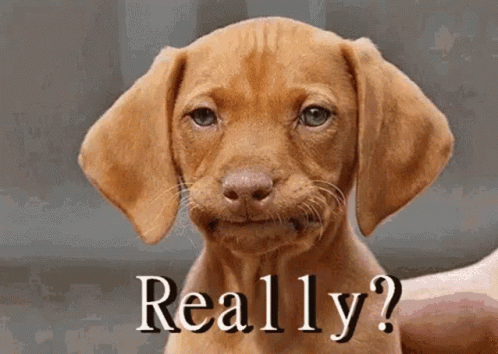jw571818@ohio.edu
Billboard Nation
Image Source: ferrantraite/Getty Images
Of course, reading something like “Advertisers should treat consumers fairly based on the nature of the audience to whom the ads are directed and the nature of the product or service advertised” begs the question:
“do they really need to say this?”
Yes. They do.
You see, companies big and small, new and old have long struggled to balance their bottom-line-driven advertising with ethical practices.
A famous example of this can be found in Campbell’s soup. As William O’Barr, Professor of Cultural Anthropology at Duke University, points out in this article, the company famously used clear marbles in their ads to enhance and distort the amount and floating ability of the vegetables in their soup. Of course, this was nowhere near accurate, and the tactic eventually backfired, resulting in a slew of bad press for Campbell’s.
Image Source: Parents, March 1968, 63
Obviously, there’s a fine line between distorting how many vegetables are in a can of soup and deliberately misleading the consumer about what a product can do. In recent years, there have been a number of high-profile ‘false-advertising’ cases that underscore just how rampant unethical advertising has become.
As Will Heilpern points out in the following article for Business Insider, “Many companies have been caught out for peddling mediocre products, using wild claims like ‘scientifically proven’ with ‘guaranteed results.’”
In some cases, the claims are preposterous (no, Red Bull can not give you physical wings, but that didn’t stop a lawsuit against the drink). But in other instances, the potential for harm is very real. For instance, Airborne (an over-the-counter supplement) claimed their product could prevent colds and flus. It couldn’t, and the company was eventually forced to settle a class-action lawsuit.
Image Source: ASR Photos on Flickr
Image Source: Chris Menning
Given everything I've witnessed, I no longer laugh when I read a story about a company ignoring its core code in the name of profit. In fact, at this point, I believe that the issue of ethics in advertising just might be a matter of life and death.




No comments:
Post a Comment